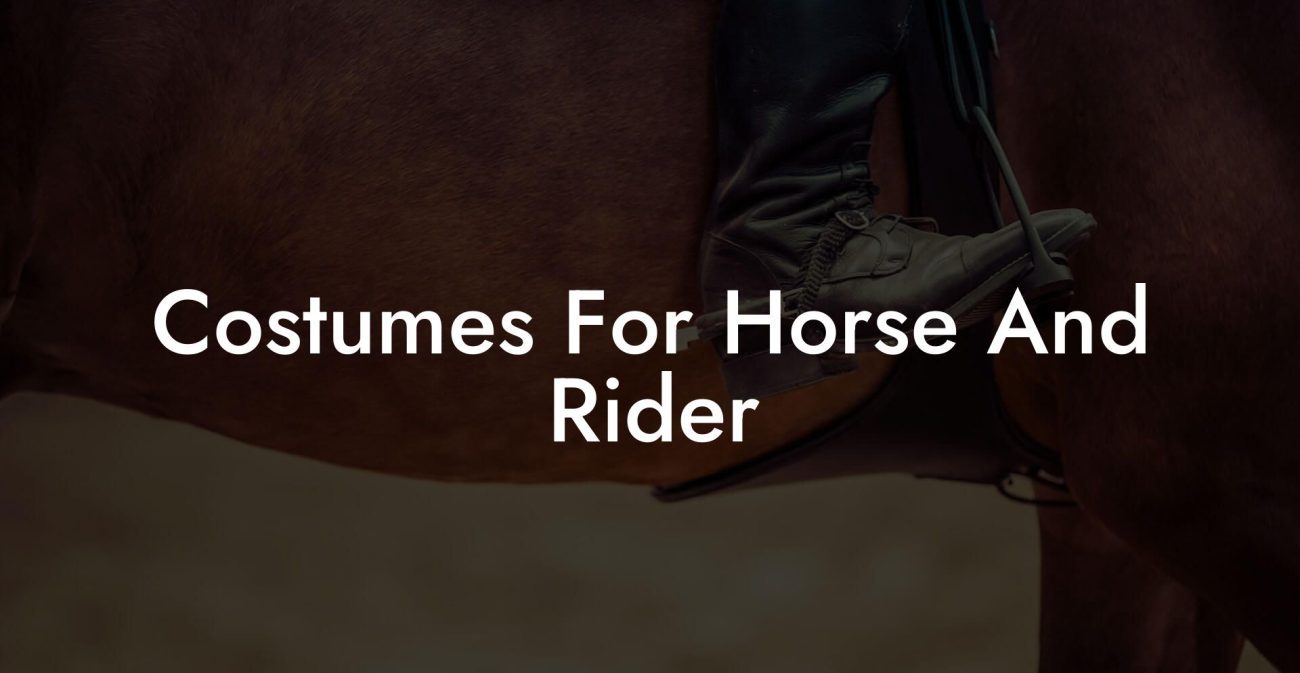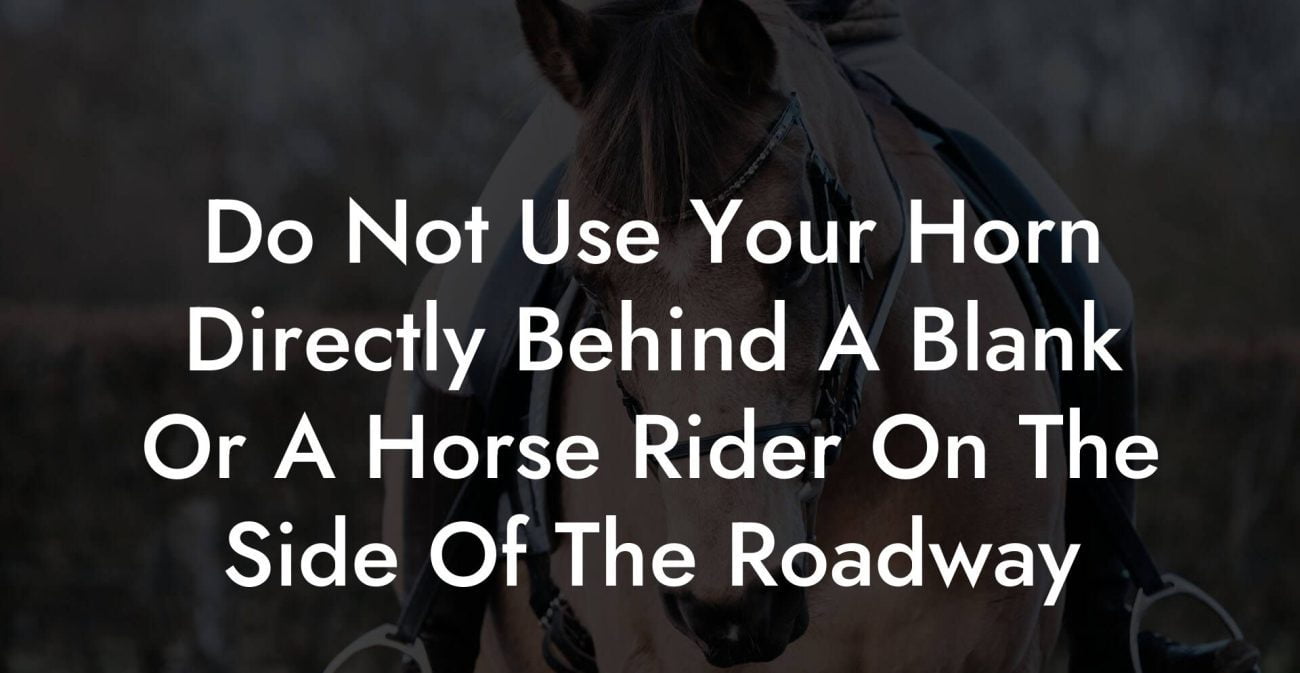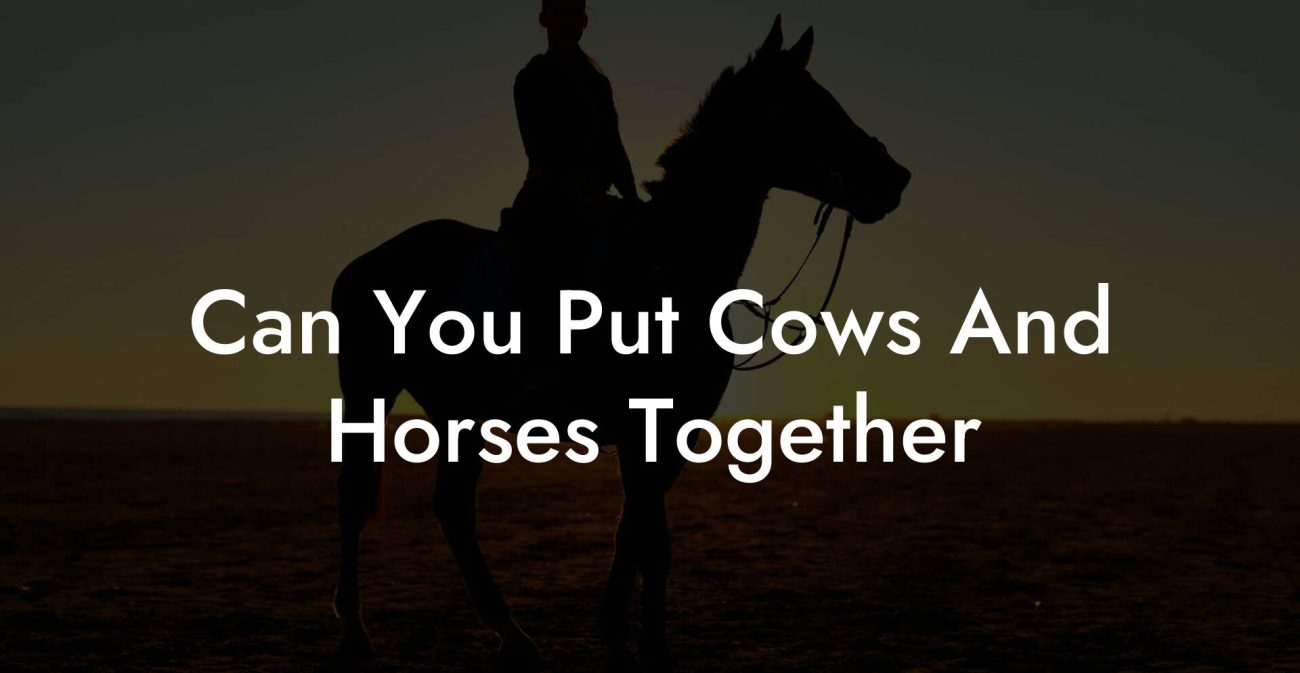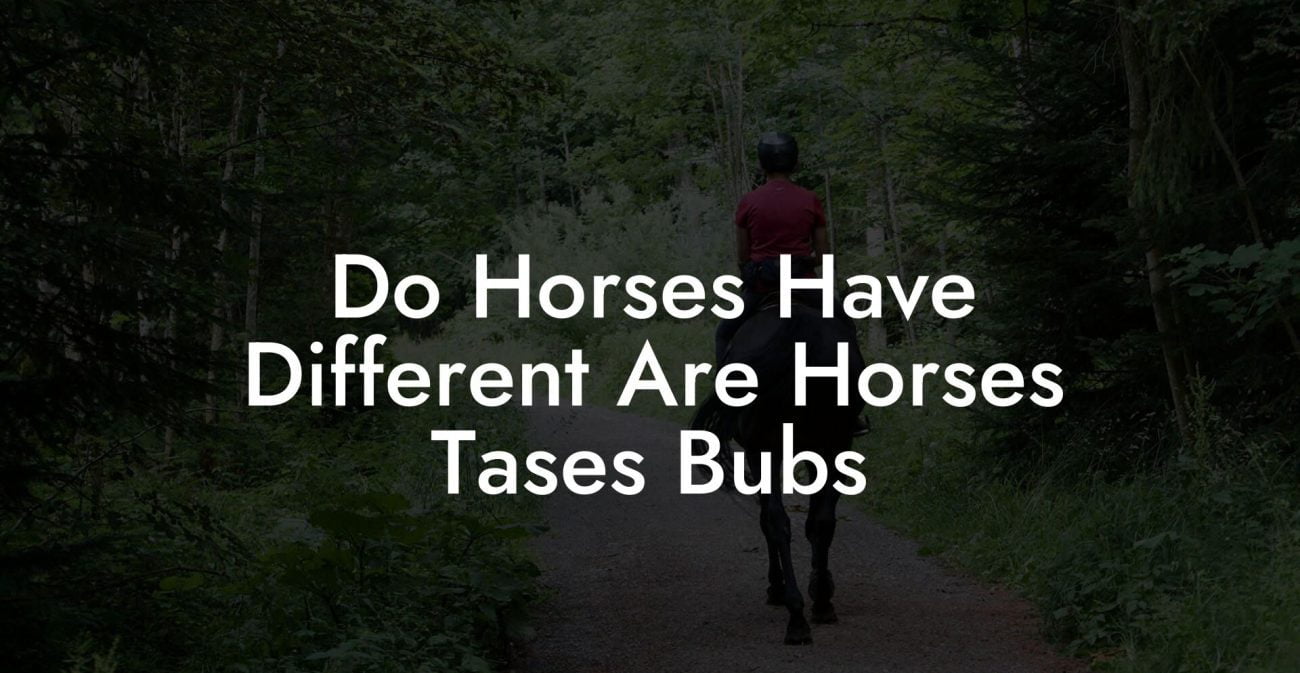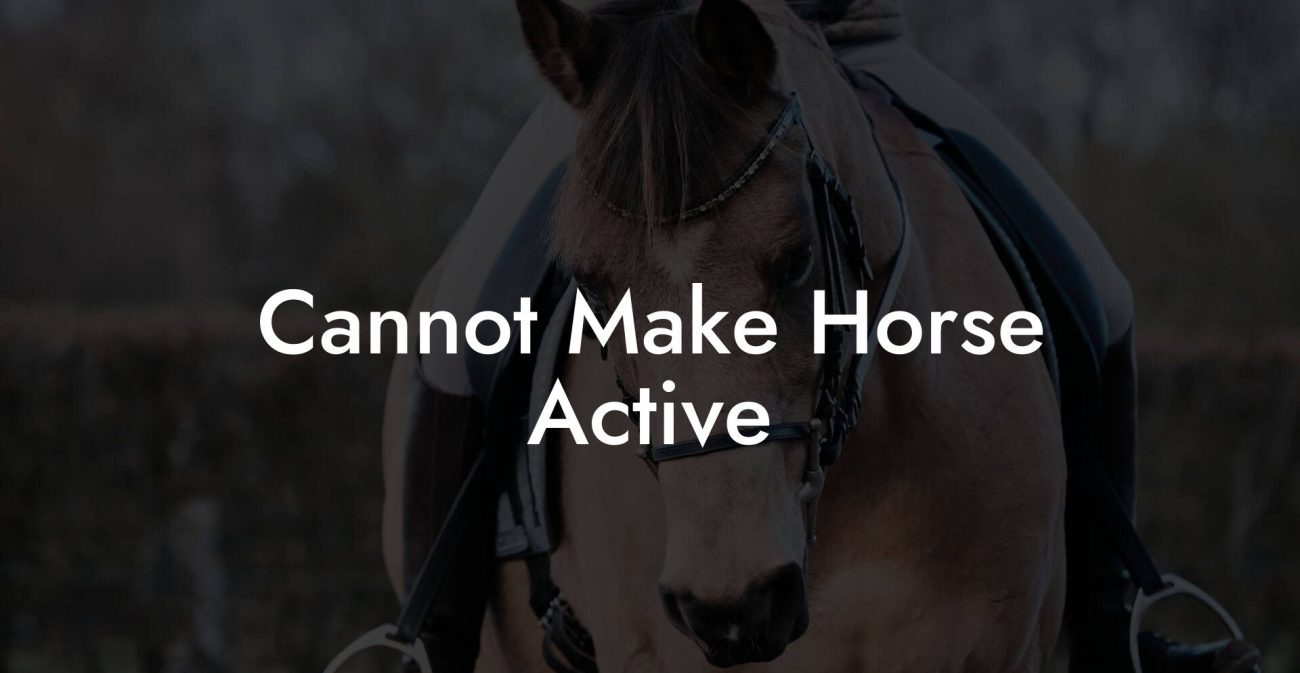Ever found yourself swatting away a buzzing menace at dusk and wondering what on earth magnetizes these irreverent horse flies to you? You’re not alone. Whether you’re at a lively equestrian event or casually enjoying a sun-drenched afternoon with your horse in the paddock, the persistent whine and daring darts of these insects can leave you both perplexed and slightly annoyed. Let’s dig into the fascinating world of horse fly attraction, because understanding why these pests choose to zero in on you might just be the first step toward reclaiming your outdoor adventures and caring for your horse with peace of mind.
Quick Links to Useful Sections
- The Science Behind Horse Fly Attraction: What’s Luring Them In?
- Delving into Horse Fly Biology: Anatomy of an Unwanted Stalker
- Environmental and Situational Factors: When Location Meets Biology
- Personal Factors: Body Chemistry, Attire, and Behavior
- How Does Horse Fly Attraction Affect Your Equine Companion?
- Effective Strategies to Ward Off Horse Flies
- 1. Choose Light-Colored Clothing
- 2. Invest in Quality Insect Repellents
- 3. Create Physical Barriers
- 4. Optimize Your Outdoors Environment
- 5. Timing Your Outdoor Activities
- Natural and Technological Solutions: Combating Horse Flies with Innovation
- Diet, Hydration, and Exercise: Unexpected Allies in the Fight Against Horse Flies
- Personal Anecdotes and Case Studies: When Horse Flies Become the Unwanted Co-Stars
- The Reluctant Equestrian: Sarah’s Journey Through the Swarm
- The Veteran Horse Owner: Mike’s Tactical Approach
- The Modern Problem Solver: Elena’s Tech-Infused Strategy
- Resources and Community Support: Your Next Steps
- Frequently Asked Questions About Horse Fly Attraction
- Embracing Outdoor Freedom: Your Path to a Horse Fly-Free Experience
The Science Behind Horse Fly Attraction: What’s Luring Them In?
Horse flies are not your average garden variety insect; they’re equipped with a myriad of finely tuned biological sensors that help them locate their next meal. These biting insects detect carbon dioxide, body odors, heat, and even visual contrasts. When you’re out and about, whether you’re sweating it during a spirited horseback ride or simply enjoying a breezy pasture walk, your body becomes a beacon for these insects. Their attraction isn’t a mere coincidence; it’s a sophisticated survival strategy honed over millennia.
The reasons behind their persistent focus on you rather than someone else involve an irresistible cocktail of cues. For instance, sweat contains lactic acid, ammonia, and other compounds that horse flies find delectable. When your body temperature rises, these compounds intensify, creating a powerful signal for the flies. Add your exhaled carbon dioxide to the mix, and you have a veritable smorgasbord that’s hard for these insects to resist. Meanwhile, the visual contrast of dark clothing or the simple fact that you’re moving active in an open field can further tip the scales in your direction.
Beyond these personal factors, environmental conditions play a monumental role too. Overcast skies, windless conditions, and even the way light filters through trees can make certain spots in a field more attractive. If you’re in an area where horse flies are prolific, it might simply be nature’s way of ensuring that the rich smells in the air don’t go unnoticed.
Delving into Horse Fly Biology: Anatomy of an Unwanted Stalker
To understand why horse flies are attracted to you, it helps to appreciate their intricate biology. Horse flies belong to the family Tabanidae and are notorious for their painful bites. Unlike mosquitoes, which often take a stealthy approach, horse flies are bold, uninvited guests that deliver a sharp, irritating pain as they feast.
One of the most distinguishing features of horse flies is their highly specialized mouthparts. These aren’t designed for gentle sipping but for bold, often brutal, cutting away of the host’s skin. Their mandibles saw through the dermal layers with a mix of enzymes and mechanical action that turns your calm afternoon into a minor battle. It’s this particular feeding style that makes them stand out among other biting insects.
In addition to their fearsome feeding apparatus, horse flies have compound eyes that are remarkably sensitive to movement and color. They can easily pick up on vibrant, contrasting surfaces like your clothing, which might inadvertently resemble the natural patterns of their typical animal targets. These insects have evolved to favor certain wavelengths of light, which can sometimes explain why you notice them more when wearing darker or brighter outfits.
Moreover, horse flies are excellent fliers, making them a constant nuisance during outdoor activities. Their flight patterns are not random; they are directed by the same magnets you might offer, a combination of chemical signals and physical presence. Understanding these facets of their biology gives you a powerful insight into why it might feel like they zero in on you every time you step outdoors.
Environmental and Situational Factors: When Location Meets Biology
Your environment is the stage on which this drama unfolds. The presence of water bodies, neighboring livestock, and rich vegetation can all contribute to higher concentrations of horse flies. These insects thrive particularly well in warm, humid settings where the lush vegetation isn’t just picturesque, it provides ideal breeding grounds.
Imagine yourself riding through a verdant pasture where the air is thick with the scent of blooming wildflowers and freshly cut hay. Here, natural resources are abundant for horse flies. The nearby water bodies, often used for laying eggs, combined with the cattle or other grazing animals, add to the allure. Your presence as an additional source of rich scents and warmth is like a neon sign for these bloodsuckers.
Seasonal patterns are also crucial. In the summer months, when temperatures soar and humidity peaks, these insects are at their most active. Early morning mist and late afternoon calm create perfect conditions for them to swarm. Conversely, in cooler months, you might notice a lull in their activity, a small mercy that gives you time to regroup and understand what measures you can take to protect yourself.
Even microclimates within the same region can vary dramatically. One field might be a haven for horse flies while a nearby shaded area might see fewer of them. These localized differences mean that your experience could shift dramatically depending on where you decide to spend your time outside. Hence, adapting your outdoor routine, choosing your clothing wisely, and possibly even adjusting your riding times can all impact the frequency of these unwanted insect encounters.
Personal Factors: Body Chemistry, Attire, and Behavior
You might be wondering: “Why do they always seem to come after me?” The answer lies in an intricate interplay of your personal biology and behavior. Your body releases unique chemical signals that are entirely natural but can be irresistible to horse flies. For instance, compounds in your sweat such as lactic acid and ammonia are particularly enticing. These chemicals increase in concentration when you're active, nervous, or even just enjoying a long day out with your equine companion.
Additionally, your clothing choices can inadvertently boost your appeal to these insects. Horse flies are known to be drawn to dark, contrasting colors. So if you’re sporting a deep navy jacket or a pair of black riding pants, you're basically rolling out the red carpet for them. Think of your outfit as an advertisement, one that screams, “Hey, check me out!” to any hungry horse fly in the vicinity.
Furthermore, physical movement, especially in open and sunny areas, creates visual cues that these insects are hardwired to notice. The combined effect of your body heat, odor, and the visual contrast of your clothing with the vibrant outdoor scenery makes you a prime target. Interestingly, even the type of cologne or deodorant you use could influence their behavior. Some fragrances have compounds that resemble the chemical signals from animal hosts, thus amplifying your profile on the insect radar.
It’s not just about the flies’ preferences, but also about your interaction with the environment. If you’re a frequent rider in fields where other animals and humans mingle closely, you’re likely to create what experts call a “scent cloud”, a robust combination of human and animal odors that horse flies simply can’t ignore.
How Does Horse Fly Attraction Affect Your Equine Companion?
Caring for a horse extends beyond the routine grooming and health checks, it also involves managing your environment to ensure your horse is not unduly stressed by pests. Interestingly, while horse flies primarily target larger mammals, they aren’t particularly choosy. Just as they find you attractive, they often zero in on horses as well. This dual targeting means that if you’re frequently noticing horse flies around you, your horse might also be under siege.
Equine care in such scenarios involves more than just protecting your own skin from bites. Horses, with their sensitive skin and social behavior, can become agitated if constantly harassed by these pesky insects. The constant irritation from bites not only leads to discomfort but can sometimes result in infections if the bites are severe enough. Therefore, understanding the dynamics of horse fly attraction becomes doubly essential when you’re responsible for both yourself and your beloved animal companion.
Moreover, horses provide more than just a scenic backdrop for these insects; they produce large amounts of carbon dioxide and have a distinct odor that compounds with the scents from their human handlers. In essence, a day out on the farm or at the arena can double as a buffet for horse flies. Recognizing these interactions ensures you can adopt strategies that protect both you and your horse from these invasive pests.
Preventative equine care measures may include installing fly masks, using insect repellents specifically designed for horses, and even adjusting grazing times to avoid peak fly activity. By implementing a combined strategy for you and your horse, you create a safer and more comfortable environment for everyone involved.
Effective Strategies to Ward Off Horse Flies
Let’s transform the frustration into action. Knowing that horse flies are attracted by your body heat, sweat, movement, and even your wardrobe choices, there are several practical strategies you can adopt to reduce their invasive presence.
1. Choose Light-Colored Clothing
Avoid dark and vibrant colors that are more likely to attract horse flies. Instead, opt for lighter shades. Not only does this reduce your “insect magnet” status, but it also helps keep you cooler during those long days under the sun.
2. Invest in Quality Insect Repellents
Look for repellents that are proven effective against horse flies. Many natural solutions utilize essential oils like citronella, eucalyptus, or lemongrass. For a more robust solution, there are commercially available sprays and lotions designed explicitly to repel horse flies without harming your skin or your horse.
3. Create Physical Barriers
If you plan on spending extended periods outdoors, using physical barriers such as mesh screens or netting can help. For equine care, fly masks and sheets are hugely popular among horse owners. Not only do they provide essential protection from horse flies, but they also help to keep other pests at bay.
4. Optimize Your Outdoors Environment
Since horse flies breed in moist, shaded regions, reducing standing water and regularly cleaning up manure or decaying plant matter can help reduce their numbers. Consider landscaping options and periodic maintenance to create an environment that’s less appealing to these insects.
5. Timing Your Outdoor Activities
Avoid the peak hours of horse fly activity. Early mornings and late evenings are often when these insects are less active, meaning you and your horse can enjoy a more peaceful time outdoors. Alternatively, if you must be outside during high-activity hours, ensure you’re well-protected with repellent and appropriate clothing.
Implementing these strategies not only reduces your attractiveness to horse flies but also creates a safer, more comfortable area for your horse. When both you and your equine companion are shielded, your outdoor experiences can be more enjoyable and less interrupted by pesky intrusions.
Natural and Technological Solutions: Combating Horse Flies with Innovation
While traditional methods like repellents and physical barriers are effective, modern technology offers innovative solutions to help keep horse flies at bay. For those who love integrating tech into everyday life, high-tech insect zappers, UV light traps, and even wearable devices that emit ultrasonic frequencies are making waves in pest control.
UV light traps work by exploiting the insect’s attraction to specific light wavelengths. Placing these strategically around stables or outdoor seating areas can help lure and trap horse flies, reducing their ability to congregate around you and your horse. Some equestrians have even experimented with solar-powered traps that run during the day and do not rely on plug-in electricity.
On the natural remedies front, herbal solutions continue to hold their ground. Essential oils such as peppermint, lavender, and eucalyptus can be diluted and used as sprays, offering an all-natural way to deter horse flies. Not only do these remedies work effectively for humans, but many horse owners have found that lightly spraying a horse’s coat (after ensuring the solution is safe for equine use) can help diminish fly attacks.
In this age of innovation, blending traditional wisdom and modern ingenuity is the key to an integrated pest management strategy. Whether you’re a tech enthusiast or prefer a more organic approach, there’s a solution out there that aligns with your style and values, ensuring that horse flies remain a mere background annoyance rather than an all-out invasion.
Diet, Hydration, and Exercise: Unexpected Allies in the Fight Against Horse Flies
It might sound far-fetched, but what you consume and your overall health can impact how attractive you are to these pesky insects. Your body’s natural scent is not only determined by genetics and environmental exposures but also influenced by your diet, hydration levels, and overall metabolic rate.
For instance, a diet rich in spicy foods or strong-flavored compounds may intensify your body odor, inadvertently acting as an olfactory lure for horse flies. While a little spice to your life might be exciting in other contexts, it’s best to avoid excess amounts if you’re planning a long day outdoors with your horse. On the flip side, staying well hydrated helps dilute some of these odoriferous compounds, making you less detectable.
Regular exercise is a double-edged sword. While your workout might elevate your body temperature, and thus your production of sweat and carbon dioxide, immediate post-exercise showers and the use of unscented cleansers can help mitigate this effect. Additionally, maintaining a balanced diet rich in antioxidants and anti-inflammatory foods can improve your overall skin health, potentially reducing the chemicals that attract horse flies.
Moreover, paying attention to the nutritional health of your horse is just as critical. A horse with proper nutrition has skin that is less prone to irritation and infection from insect bites. Coordinating your dietary habits with those for your horse, and taking proactive measures such as timely grooming and the use of appropriate supplements, can create a more resilient defense against unwanted fly attention.
Personal Anecdotes and Case Studies: When Horse Flies Become the Unwanted Co-Stars
Let’s take a moment to explore some real-life experiences shared by those who have spent countless hours in the field, quite literally, with these pesky intruders. These stories, although humorous, underline the common struggles and highlight inventive strategies to cope with horse fly invasions.
The Reluctant Equestrian: Sarah’s Journey Through the Swarm
Sarah, a young equestrian and social media influencer, recalls her first encounter with horse flies during an early morning trail ride. “I was streaming live when these bloody horse flies appeared as if they were summoned by my mere presence. I quickly learned that my dark riding jacket and energetic pace were an open invitation,” she laughs. Determined to reclaim her ride, Sarah experimented with a range of repellents and ended up creating a custom blend using essential oils and homemade solutions, which she now swears by in her video updates. Her journey is a great reminder that trial, error, and adaptation are the keys to outsmarting nature’s little nuisances.
The Veteran Horse Owner: Mike’s Tactical Approach
Mike, a seasoned horse owner with a sprawling ranch, discovered that managing horse fly attacks wasn’t just about personal comfort, it was essential for his horses’ well-being. After observing that both he and his horses were getting constant bites, Mike restructured his stabling and grazing schedules. By installing UV light traps around the barn and scheduling turnout during the cooler parts of the day, he managed to drastically reduce both his own and his horses’ encounters with these flies. His practical, no-nonsense approach emphasizes that sometimes, a mix of community-tested tactics and a bit of local ingenuity is what it takes to solve the problem.
The Modern Problem Solver: Elena’s Tech-Infused Strategy
Elena, a tech-savvy millennial, combined her love of gadgets with proactive insect management. She invested in wearable devices that emit ultrasonic frequencies designed to deter biting insects. Although not a 100% fail-safe, she found that when these devices were paired with traditional repellents and light-colored clothing, there was a marked decline in the number of horse flies surrounding her during field events. Elena’s experience highlights that modern technology can indeed complement traditional methods, creating a multi-layered defense system that’s both innovative and effective.
These narratives, whether humorous or practical, serve as case studies that illustrate the variegated experiences of dealing with horse flies. They also remind us that sometimes the “why” behind the attraction is less important than the myriad of strategies available to claim back your time and enjoy the great outdoors.
Resources and Community Support: Your Next Steps
If you’re tired of being the unwilling target of horse flies and are eager to learn more effective ways to protect both yourself and your horse, there’s a vibrant community out there ready to help. From specialized equestrian forums to local pest control workshops, resources abound for those committed to mastering the art of outdoor protection.
Begin by exploring online groups and social media communities that focus on equine care, outdoor living, and sustainable pest management. These platforms are ideal for exchanging practical tips, success stories, and even DIY repellent recipes that have worked for others in similar situations. Many experts share insights on selecting the best repellents, innovative gear, and natural solutions that cater specifically to both humans and horses.
Don’t underestimate the power of hands-on workshops at local equestrian centers or agricultural fairs. These events not only provide valuable educational sessions but also foster community spirit, a space where you can learn about environmental management, natural pest deterrents, and even speak with vets and agricultural specialists who deal with horse fly issues regularly.
Moreover, consider tuning into podcasts or YouTube channels dedicated to equine care. They often feature episodes on managing the challenges that come with rural living, including the persistent nuisance of horse flies. The shared experiences from these platforms can offer unexpected solutions and reassure you that you’re not alone in this battle.
Your next steps could also include consulting with professionals who can audit your horse’s stabling area and provide targeted advice on pest management. Access to expert guidance may sometimes mean the difference between a fly-heavy ordeal and seamless horse care.
Ultimately, by harnessing both technology and community wisdom, you can transform your outdoor experience. No longer will you have to tolerate constant interruptions from these winged attackers. Instead, you’ll be empowered with knowledge, strategies, and a support network that makes every outdoor excursion a celebration of nature rather than a trial by fly.
Frequently Asked Questions About Horse Fly Attraction
Below are some of the most common questions you might have about why horse flies zero in on you, along with practical answers to help you navigate this ongoing challenge. If you’ve ever wondered how your own habits influence their behavior, these FAQs are the place to start.
1. Why do horse flies seem to target me specifically?
Horse flies are attracted by chemical cues including the carbon dioxide you exhale, body odors derived from sweat, and even the color of your clothing. Your natural body chemistry can make you more appealing to these insects compared to others.
2. Do horse flies affect horses in the same way?
Yes, horse flies are not choosy. The same sensory cues that attract them to humans often draw them to horses. This double targeting makes it important for horse owners to adopt prevention strategies that protect both themselves and their animals.
3. What can I do to reduce my attractiveness to horse flies?
Simple measures include choosing light-colored clothing, applying effective insect repellents, and avoiding peak fly activity times. Additionally, managing your diet and ensuring good hygiene can help minimize the chemical cues that attract horse flies.
4. Are natural repellents as effective as chemical ones?
Many natural repellents, such as those based on citronella, eucalyptus, or lemongrass, can reduce horse fly activity. However, their effectiveness can vary depending on environmental conditions, so it might be beneficial to combine them with physical strategies like protective clothing.
5. How can I protect my horse from horse fly bites?
For equine protection, consider using fly masks, sheets, and stabling your horse during peak activity times. Additionally, there are topical insect repellents designed specifically for horses that have proven effective in reducing fly attacks.
6. Is there a connection between my diet and the frequency of fly bites?
Yes, certain foods and overall hydration levels can influence your natural scent. Diets that are overly rich in spicy foods or other odoriferous compounds may increase your attractiveness, while proper hydration can help dilute these signals.
7. Can technology help reduce horse fly encounters?
Absolutely. Modern solutions such as UV traps, insect zappers, and wearable ultrasonic devices can help reduce the number of horse flies in your vicinity by targeting them with light or sound frequencies that disrupt their attraction mechanisms.
8. Are there any specific environmental modifications that can lessen horse fly numbers?
Yes, managing standing water, removing decaying vegetation, and ensuring proper sanitation in stables or outdoor areas can reduce breeding grounds for horse flies, making your environment less inviting for them.
9. What role does movement play in horse fly attraction?
Movement enhances your profile by increasing your body heat and stirring up more carbon dioxide and odors, which can attract horse flies. Limiting excessive movement during peak times may help in minimizing their attention.
10. How long do horse flies typically remain active during the day?
Generally, horse flies are most active during the warmest parts of the day, typically mid-morning to mid-afternoon. Early mornings and late evenings usually see a decrease in their activity, so planning your outdoor activities during these times can help minimize encounters.
Embracing Outdoor Freedom: Your Path to a Horse Fly-Free Experience
The quest to understand why horse flies are attracted to you is more than just a scientific inquiry, it’s an invitation to reclaim your personal space in nature. By delving into the biology, environmental factors, and personal habits that contribute to your insect magnetism, you equip yourself with the knowledge to make informed decisions and take proactive measures.
Picture yourself confidently striding through a sunlit field with your horse by your side, secure in the knowledge that you’re armed with the best practices and cutting-edge solutions to keep those relentless horse flies at bay. Whether it’s choosing the right repellent, scheduling your outdoor activities more strategically, or simply knowing what to avoid, every step takes you closer to a more comfortable and enjoyable experience.
This journey isn’t just about warding off flies, it’s about embracing a lifestyle where nature remains a source of joy rather than frustration. As you integrate these strategies into your daily routine, you’ll notice a significant reduction in those pesky bites, leaving you more time to connect with your equine partner and relish the beauty of the outdoors.
So, gear up with confidence and enthusiasm. Your deep dive into the mechanics of horse fly attraction arms you with insights to not only protect your skin but also to ensure that your beloved horse enjoys the serenity they deserve. Step forward into a future where every outdoor adventure is defined by freedom and comfort, not by swatting and irritation.
Remember, knowledge is power. By understanding the factors at play and implementing bold strategies, you transform a minor annoyance into an opportunity for growth, adaptation, and even a few laughs along the way. Happy trails, and may your days be as fly-free as they are filled with the joy of equine companionship!


